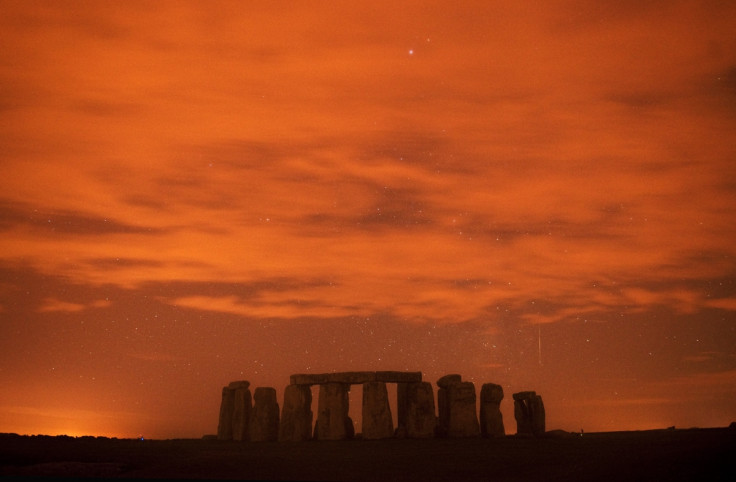What is the winter solstice? Myths and facts about the shortest day of the year
No, it's not the end of the world.

Today is the winter solstice – an astronomical phenomenon caused by Earth's tilt on its axis and orbit around the sun, which means 21 December will experience the shortest day of the year in terms of daylight hours.
Specific time
The winter solstice occurs at a specific time on 21 December, when the sun is shining farthest to the south directly over the Tropic of Capricorn, rather than taking place over the whole day.
Not the latest sunrise
Although the 21 December is the shortest day of the year in terms of daylight, it does not have the latest sunrise and earliest sunset of the year, because of a discrepancy between modern-day timekeeping methods and how we measure time using the Sun. The earliest sunset is actually on 12 December and the latest sunrise is on 30 December.
Astronomers call the difference the equation of time, which put simply, is the difference between time that is measured using a sundial – the true or apparent solar time – and time that is measured using a watch or a clock – the mean solar time.
End of the world
In 2012, some claimed the winter solstice would bring about the end of the world, based on a reading of the end date of the Mayans' Mesoamerica Long Count Calendar, which corresponded to certain astronomical events.
Shortest daylight hours
In Fairbanks, Alaska, the sun rises at around 11am on the winter solstice and sets before 3pm. Leading up to the December solstice, Fairbanks loses about seven minutes of daylight a day.
Pagan festival
The Pagan celebration of Winter Solstice, also known as Yule, is one of the oldest winter celebrations in the world. One of the focal points for the winter solstice is the prehistoric site of Stonehenge. Thousands gather to watch the sun rise above the ancient stones every year, with druid and pagan communities out to celebrate the event with singing and costumes.
Days get longer
After months of dark evenings, days will finally begin to get longer this week after the winter solstice, which falls on Wednesday 21 December in the northern hemisphere.
© Copyright IBTimes 2025. All rights reserved.



















